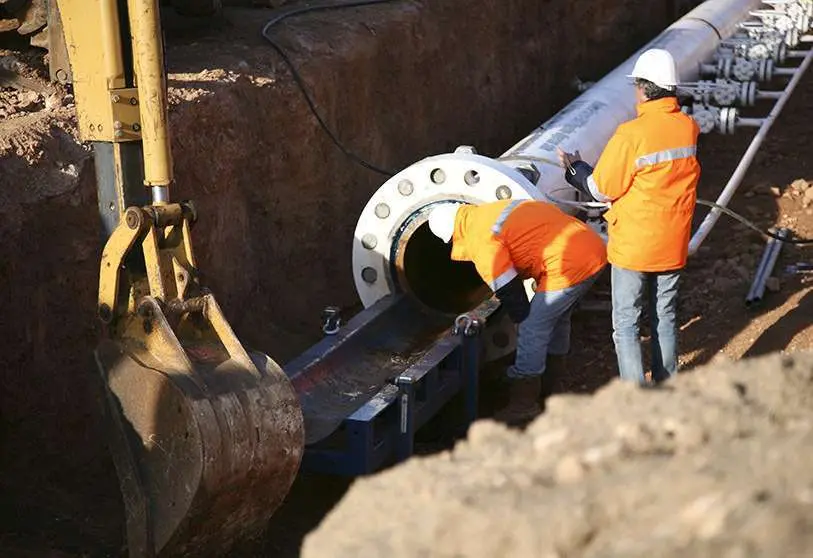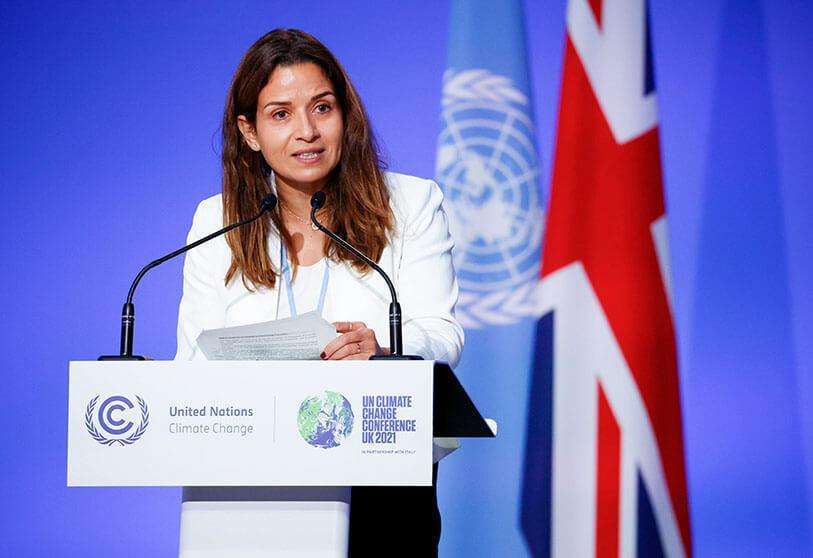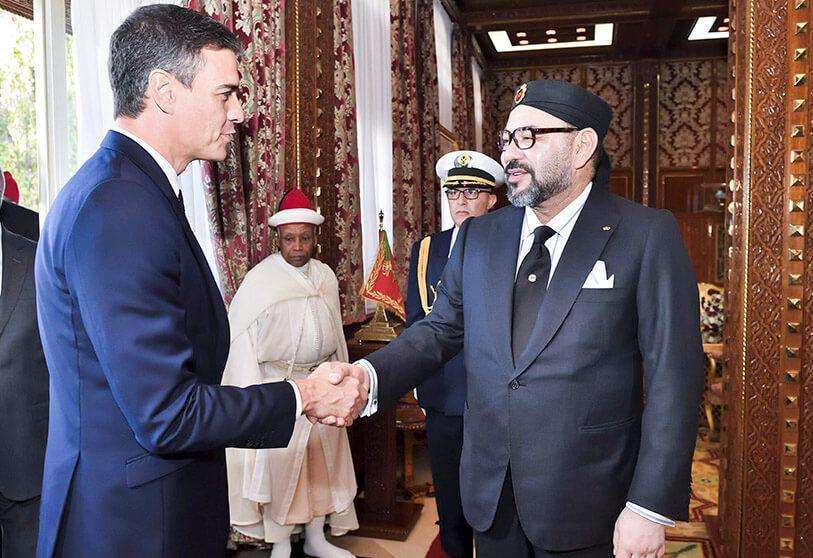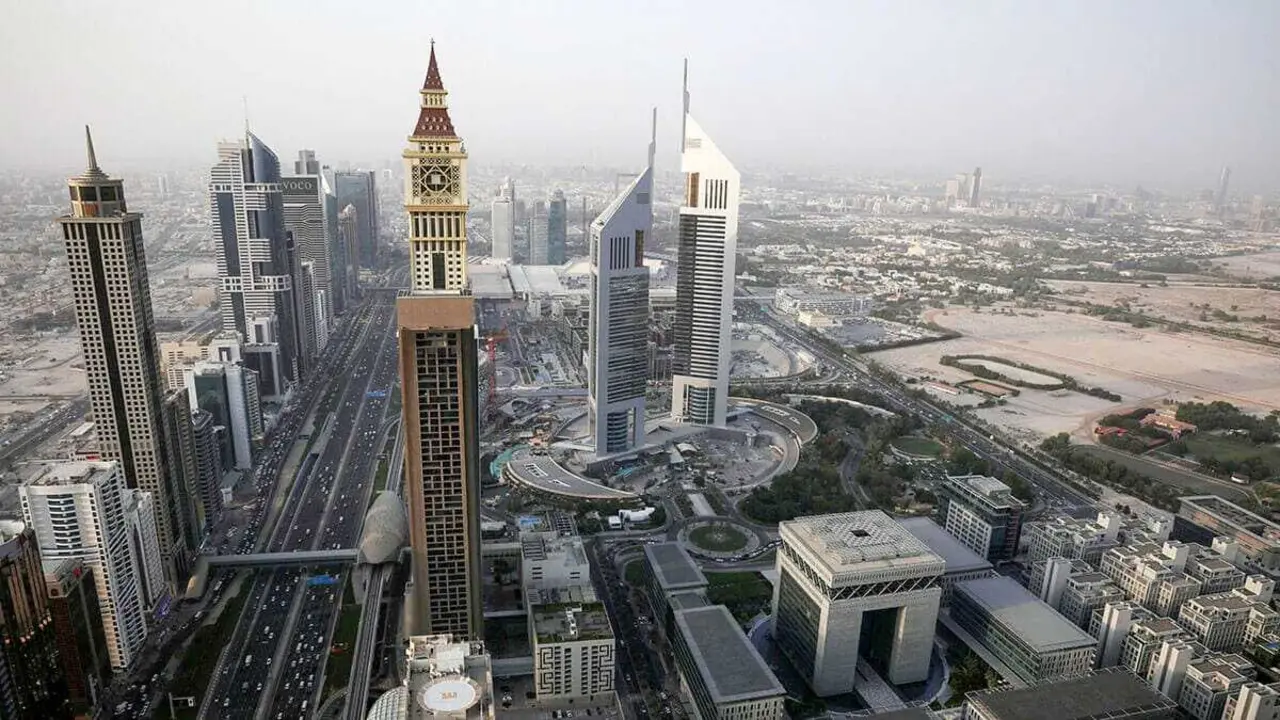Marruecos se prepara para importar gas natural licuado a través de España

Morocco gives the green light to import gas through Spain. Following the signing of an agreement last March, Spain and the Alawi kingdom are going to start cooperating on energy matters, which is why the North African nation will start importing liquefied natural gas (LNG). With the start of Ramadan, it is expected that gas will begin to be transferred through the Maghreb-Europe gas pipeline (GME).
This agreement has been on the table for some time now as the two countries seek to continue relations. "Spain has responded favourably to Morocco's request for support to guarantee its energy security. Morocco will thus be able, with complete transparency, to purchase liquefied natural gas (LNG) on international markets, transform it in a regasification plant in Spain and transport it to its territory via the Maghreb pipeline," commented the Kingdom's Minister for Energy Transition, Leila Benali.

In addition, this reactivates the Maghreb-Europe pipeline from Morocco. It should be recalled that Algeria definitively closed its part of the pipeline after the rupture of relations with the Alawi kingdom on 31 October last year. The North African nation had to cease to depend on Algerian gas, but Spain was still able to continue to benefit from it through the shipment of this resource.
This new twist in relations comes directly from Spain's response after officially recognising Morocco's sovereignty over the territory of Western Sahara. This brings to an end a period of diplomatic crisis between the two countries after 47 years in which Spain has never, until now, taken a position on the issue. Pedro Sánchez, the Spanish prime minister, has recognised the Kingdom's proposal and described it as "the most serious, realistic and credible basis for resolving the dispute".
The change of position gives rise to an improvement in relations, which is why the Spanish government has already announced Sánchez's visit to Morocco to meet with King Mohamed VI. Sánchez has also acknowledged that "Morocco's efforts to rely on the United Nations framework to seek an acceptable solution in the territory".

Added to this situation are the consequences of the Russian invasion of Ukraine. The international blockade and the various measures being taken to stop Vladimir Putin are leading to a rise in the price of hydrocarbons. Russia is one of the world powers in the export of gas and oil, so it is responding with a price increase that is putting countries' basic resources at risk.
Many nations have already announced that they will cease to depend on Russian hydrocarbons and therefore have to find a solution to power homes in their territories. Spain is playing an important role by starting to receive LNG from Morocco in order to wean itself off its dependence on Russia and reduce energy prices, which are currently at an all-time high.
This change in Spain's stance upset Algeria, which is in a diplomatic dispute with the Alawi kingdom. Even so, the Spanish government has confirmed on numerous occasions that relations with Algeria are good. "Algeria is a reliable partner for Spain", Spanish Vice-President Teresa Ribera confirmed after being asked whether this partnership with the Alawi country will affect a possible rise in the price of Algerian gas.
Morocco, thanks to this agreement, will benefit in every way. LNG will allow the Kingdom to reduce carbon emissions into the atmosphere and thus fulfil its ecological strategy to continue the energy transition. The Moroccan government assures that this sector will be decisive for the national economy, and several plans have already been announced. The Ministry of Industry and Trade, together with the Department of Energy Transition and Sustainable Development and ONHYM - Morocco's National Office of Hydrocarbons and Mines - are studying and developing projects to build new infrastructures to receive and store liquefied natural gas.








